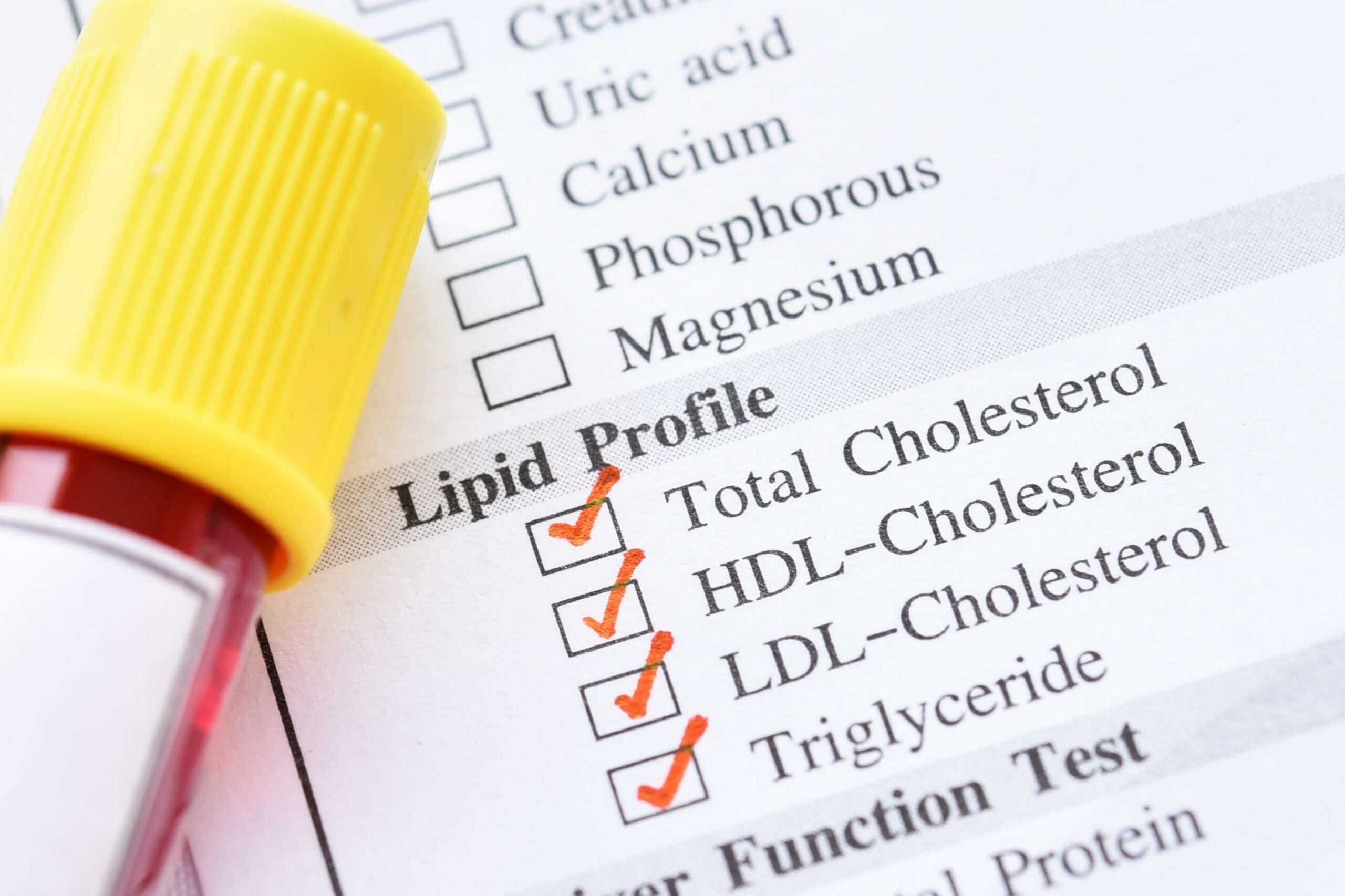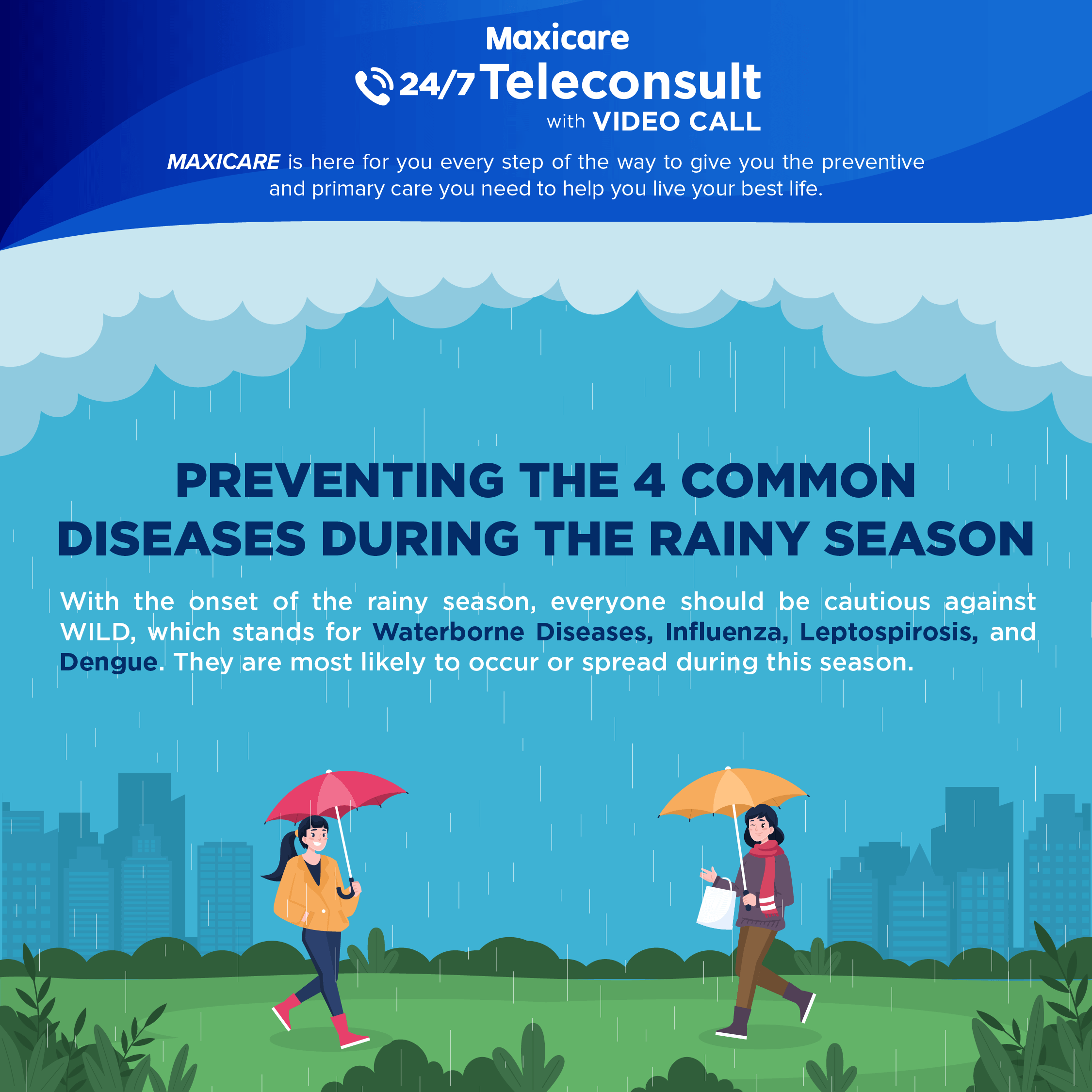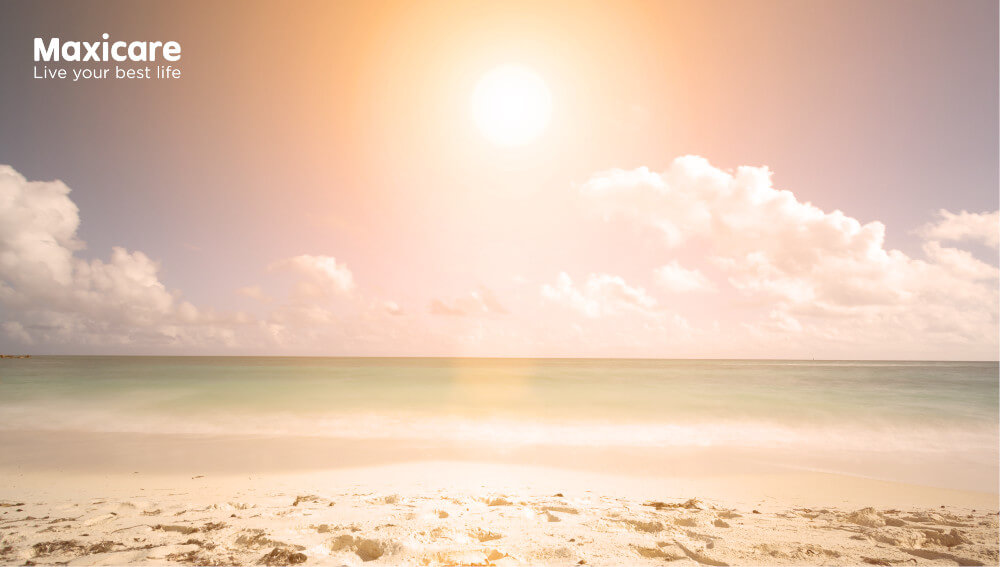
Dyslipidemia refers to unhealthy levels of one or more kinds of lipids (fat) in your blood. Your blood contains three main types of lipids, namely: high-density lipoprotein (HDL), low-density lipoprotein (LDL), and triglycerides (TG).
LDL cholesterol is considered the “bad” type of cholesterol because it can cause plaques in the walls of your blood vessels. HDL is the “good” cholesterol because it helps remove LDL from your blood. Triglycerides come from the calories you eat but don’t burn right away.
If you have dyslipidemia, it usually means your LDL levels or your triglycerides are too high. It can also tell your HDL levels are too low. High LDL and triglyceride levels increase your risk for heart attack and stroke. Low levels of HDL cholesterol are linked to higher heart disease risks.
Dyslipidemia is divided up into primary and secondary types: a) primary dyslipidemia is inherited, and b) secondary dyslipidemia is an acquired condition.
Signs and Symptoms
Unless it is severe, most people with dyslipidemia are unaware they have it. It’s often discovered during a routine blood test. Untreated dyslipidemia can lead to coronary artery disease and peripheral artery disease. Both can cause serious health complications, including heart attacks and strokes. Common symptoms of these conditions include:
- Leg pain
- Chest pain
- Shortness of breath
- Heartburn
- Heart Palpitations
- Vomiting and nausea
Prevention
Exercise
Physical activity can help you lose weight and boost your HDL cholesterol.
Change your diet
- Try to add more fiber to your diet, such as replacing white bread and pasta with whole grains. Consume healthy fats, like olive oil, and avocado.
Stop smoking
- If you smoke, consider quitting – it can help you better manage your cholesterol levels.
Limit your alcohol intake
- Drinking alcohol in moderation means, on average, no more than two drinks per day for men and no more than one drink per day for women.
People with severe dyslipidemia, especially those with other medical conditions, may need to manage their blood lipid levels with medication and make lifestyle changes.
If you are concerned about dyslipidemia or experiencing any of the symptoms above, you can consult with an endocrinologist via Maxicare’s 24/7 Teleconsult Hotline, Videoconsult services powered by the Doctor Anywhere App, or Maxicare Primary Care Clinic (PCC). You may also visit a PCC or request HomeCare for lab tests and diagnostic procedures.
References:
https://www.healthline.com/health/dyslipidemia#types
https://www.ncbi.nlm.nih.gov/books/NBK559182/
https://www.medscape.com/viewarticle/451762_6
https://www.ncbi.nlm.nih.gov/books/NBK560891







